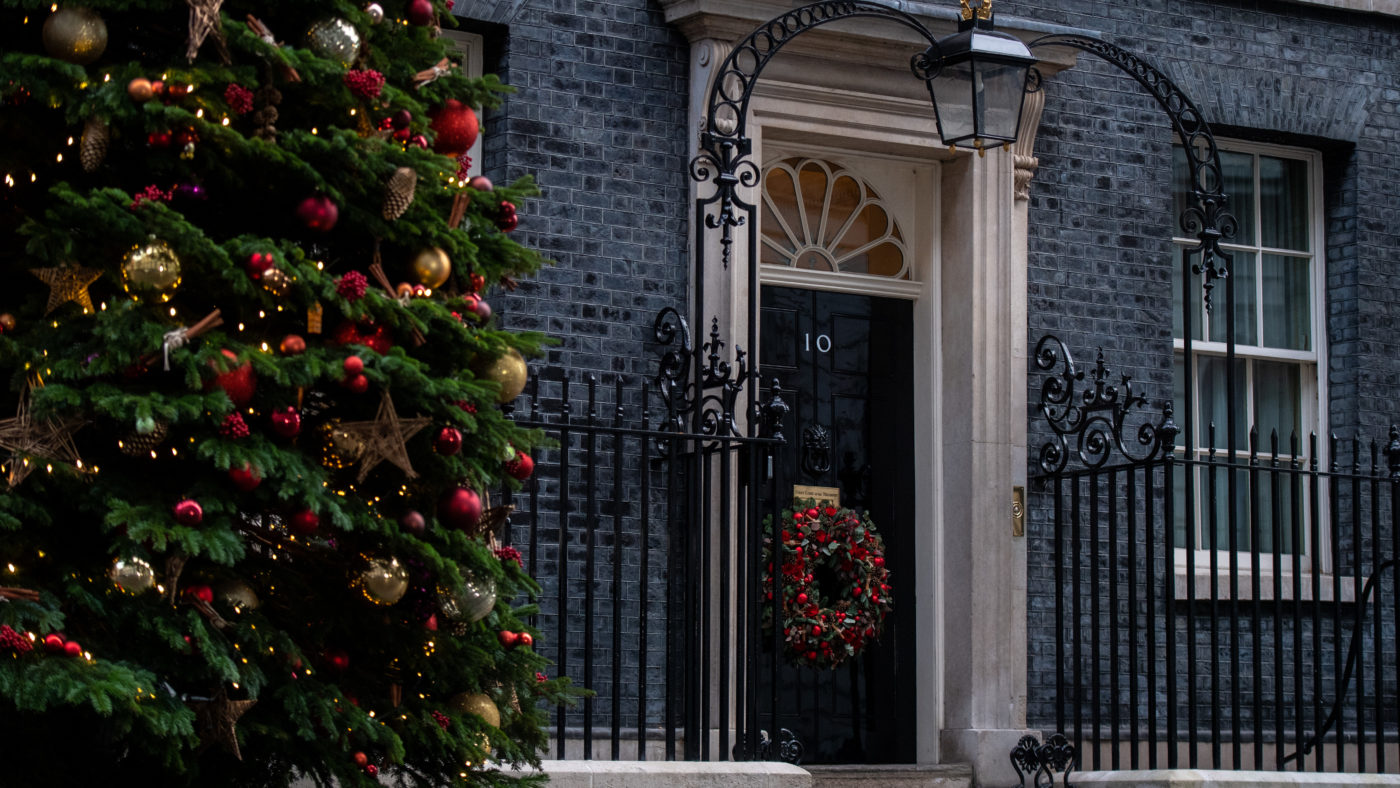The furore over the Downing Street Christmas Party raises many questions, but one of them – inevitably – is what impact it might have on public opinion. Partygate is clearly bigger than the average political story, but where does it sit on the five stages of cut through?
Well, getting the lead on the evening news and the front pages of most newspapers, as well as a mention from Ant and Dec, clearly means that stage one (people hearing about it) is reached. Stage two (people caring about it) offers little more resistance – last week almost three-quarters of respondents people told YouGov that it mattered whether or not the party had happened.
That brings us to stage three – people changing their view of the party in question as result. At the time of writing, no polling on this point, conducted after the leaked video came to light, has yet been published. So while it’s widely suspected this will be a problem for the Conservatives, just how big a problem is something we can’t quantify yet.
But what we can do is look at examples from this parliamentary term of how the public has reacted to similar incidents to find some clues.
It’s become a fatalistic meme among non-Tory activists of various stripes on Twitter to respond with “CON 54 (+9)” or similar to any bad news for the governing party, and it is certainly true most things don’t move the dial. But two things that have had a demonstrable impact were the Dominic Cummings Barnard Castle trip, and the events surrounding Owen Paterson’s resignation, both of which led to a sharp tightening in the Conservative lead in voting intention (the precise amount is hard to disentangle from other events, but at a minimum it was several points in each case). Boris Johnson and Rishi Sunak’s initial decision to use a loophole to avoid self-isolating when ‘pinged’, which had a more muted impact on voting intention, is another event cited by former No 10 pollster James Johnson as hurting the Conservative brand.
What connects all three of these incidents and the Christmas party video leak is the theme Labour has seized on of ‘one rule for them, another for everyone else’. While it’s true that earlier incidents have peeled away some of the Tories’ softer support, their impact on public opinion can be cumulative. And there may, of course, still be more to come on this story.
If the Conservatives do take a significant polling hit, might Boris Johnson’s personal ratings be spared by not having been in attendance himself? This seems unlikely. For one thing, the public will probably associate ‘Downing Street’ with the Prime Minister rather than the address (and in some coverage it’s not even made clear that Johnson wasn’t there). For another, swings in leader and party ratings usually track each other fairly closely anyway.
As if to make the point, snap polls taken today by Savanta ComRes and by Opinium found majorities (54% and 53% respectively) thinking that Johnson should resign. It should be noted, however, that questions of this type usually produce net support for their subject’s resignation, so these results should be interpreted with that in mind.
Whether or not the Tories do take a hit (and to what extent) also depends on voters’ views of the alternative(s). Keir Starmer was in front of the cameras quickly after the story broke, which suggests Labour getting its act together tactically, and its brand has been at least partially detoxtified since its drubbing at the general election two years ago. The problem for Labour – and by extension its ability to build a poll lead over the Conservatives – is that it hasn’t yet consistently been able to hoover up dissatisfied 2019 Tories, with many switching to smaller parties or the ‘don’t know’ column. A main opposition party would always be looking to attract direct switchers in mid-term, though Partygate may well give the pendulum a push.
And while Westminster by-election results should be interpreted with great caution, the routine swing last week at Old Bexley and Sidcup is consistent with voters being grumpy, but not going out of their way to punish the governing party. If that now changes, and the voters of North Shropshire decide to give Number 10 a bloody nose next week, that will matter because people in Westminster will say it matters – regardless of its psephological value – and both the media narrative and internal politics of the Conservative Party will reflect this.
We shall see how this story and the political and public response to it develops, but there is no escaping the risks it poses to Boris Johnson and his government.
Click here to subscribe to our daily briefing – the best pieces from CapX and across the web.
CapX depends on the generosity of its readers. If you value what we do, please consider making a donation.


